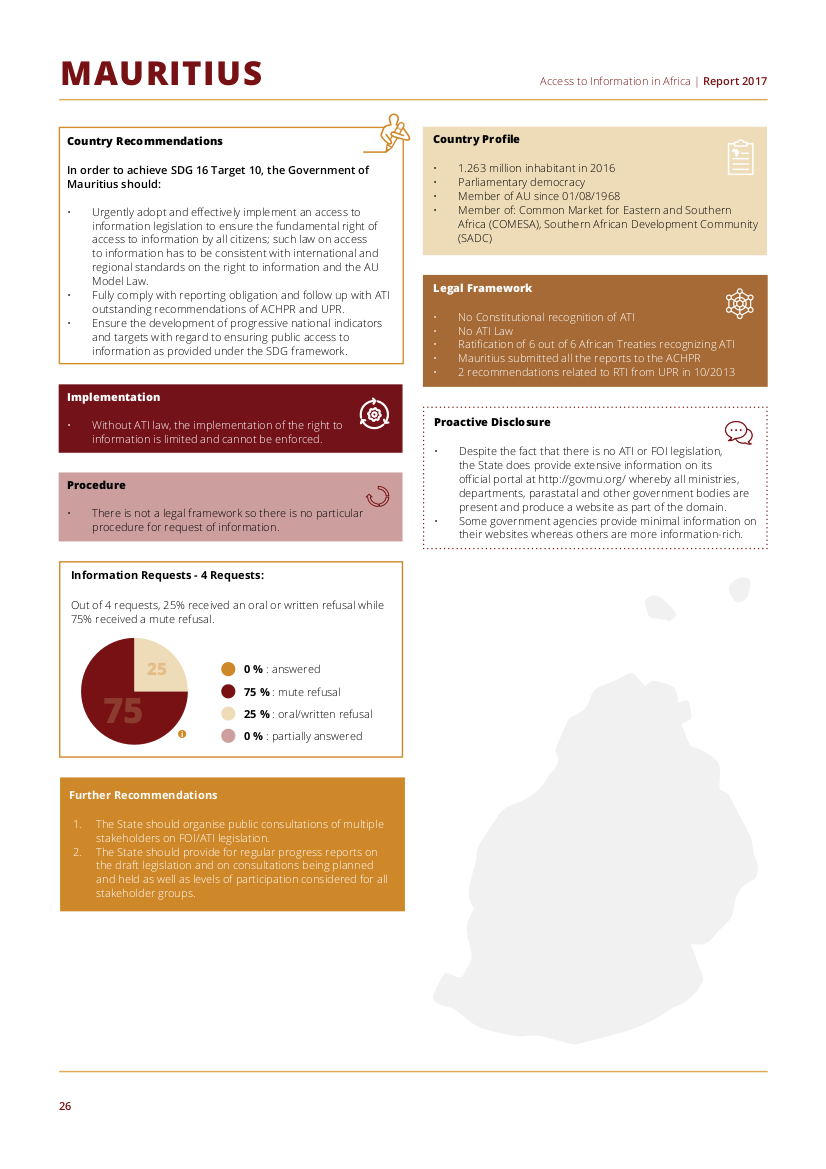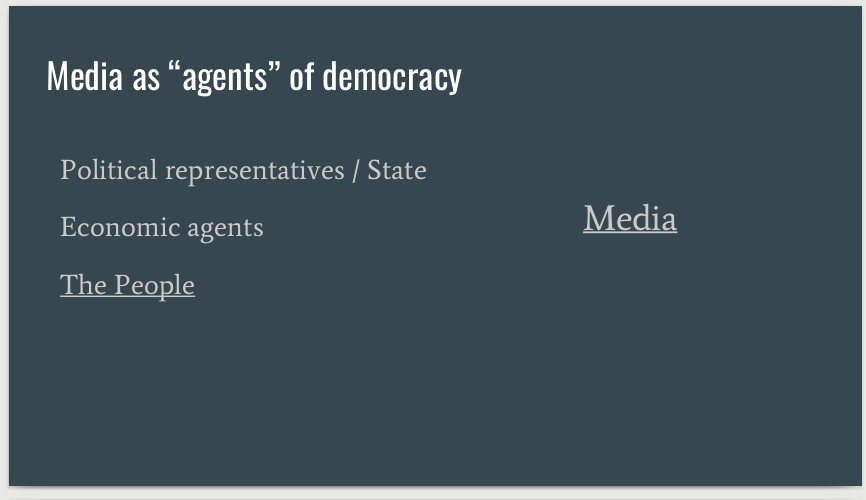
Today, I posted this on Facebook:
I offer this idea to all media houses: please organise a different type of debate with the candidates.
One where a voter of the constituency is randomly selected from the voter roll of each ward to ask questions to the candidates. If people decline, just keep on with the random selection until you find those who are willing to participate.
One where you collect questions from the voters of the constituency and select the ones which get more upvotes and those themes which are more relevant to the constituency.
One where candidates are NOT allowed to talk about their opponents at all and are only allowed to talk about what they intend to do as opposition MP for the constituency:
– how they plan to interact with all those they will represent once in parliament (including partisans and non-partisans – and this should not just be about the weekly meetings which will definitely attract mostly partisans, thus skewing the whole process)
– what type of questions they will raise about the constituency when in parliament (why not ask them what their 3 first PQs would be?)
– how they plan to report back to the inhabitants on the answers they have received and the follow-up they plan to do
Because, we’ve already heard it all about the reasons for their engagement with a particular party as opposed to another one, their current positioning wrt current national issues, their scathing criticism towards their opponents (also known as yesterday’s and tomorrow’s potential friends)…
Please feel free to use my ideas because I am a voter in Quatre-Bornes and I think this would allow me to make, not necessarily the better choice, but at least make up my mind about the one who has the highest probability of being a better MP for QB than the others.
In the comments, I also added:
Since there’s not much time left, why not organise a joint exercise in a neutral venue for once? Maybe at the Media Trust?
(…) the point is that any voice should have the same probability of being heard, not just ‘expert voices’, a category where people tend to think of people of our socioeconomic class only.


